High school student seeking a degree
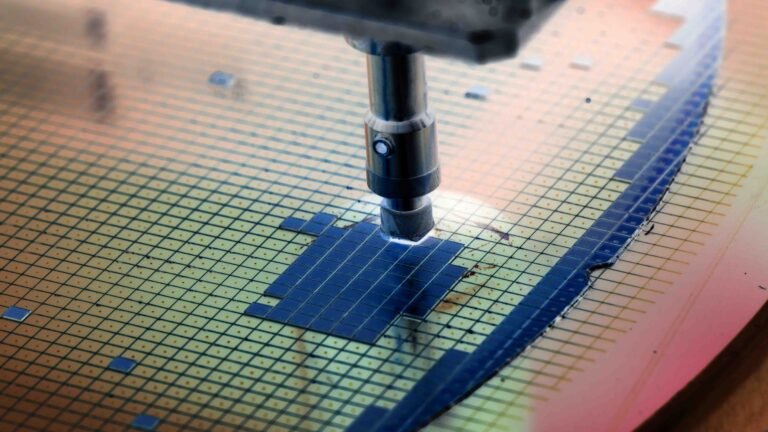
Additive Manufacturing – Microelectronics
Learn about the growing field of additive manufacturing through an introduction to six different processes widely used in the microelectronics industry. This specialization is designed for learners interested in the applied basics of additive manufacturing processes and designs, including specific 3D printing methods.
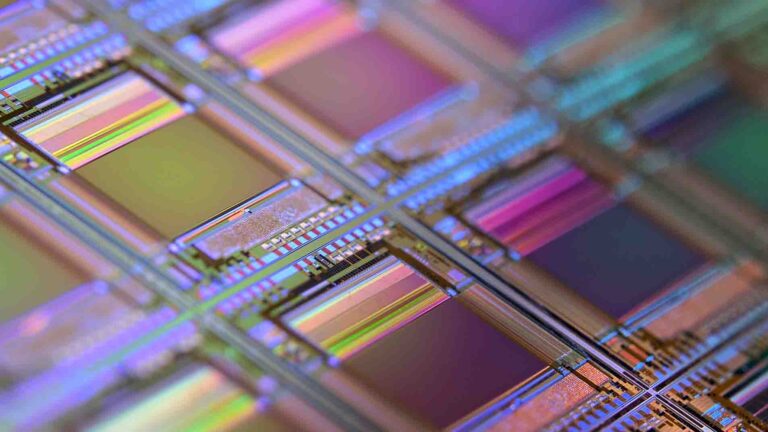
Modern Supply Chain Principles
Begin your path to understanding the management of global supply chains across extended supplier networks with the modern supply chain principles course, which addresses basic economic, business and management principles across global industries, including microelectronics.
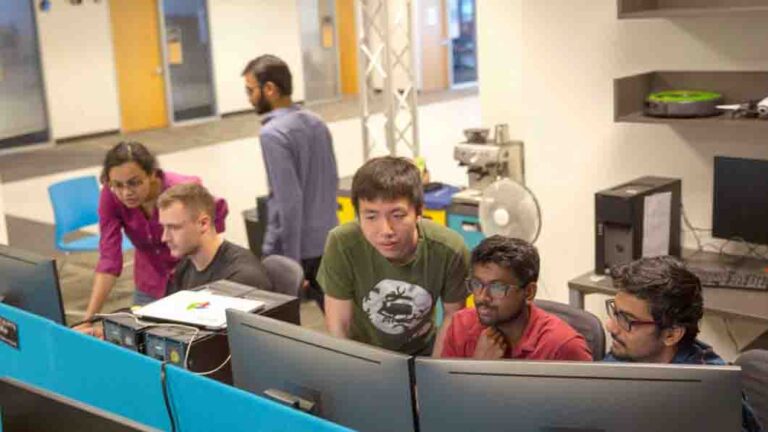
Software Engineering, BS
The BS program in software engineering blends engineering, computing, project leadership and software construction, equipping students to develop creative software solutions to challenges in microelectronics and other industries. Graduates of the program will possess the knowledge and skills of a defined engineering approach to complex systems analysis, planning, design and construction.
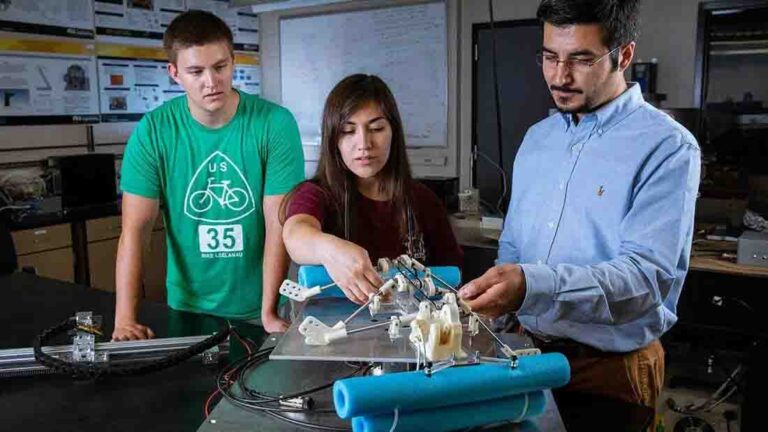
Mechanical Engineering, BSE
Mechanical engineering is a creative, diverse discipline with application in the microelectronics industry and beyond. The mechanical engineering BSE curriculum includes the study of the principles governing energy transfer, mechanical design, sensors and control devices and the application of these principles to the creative solution of practical modern problems.
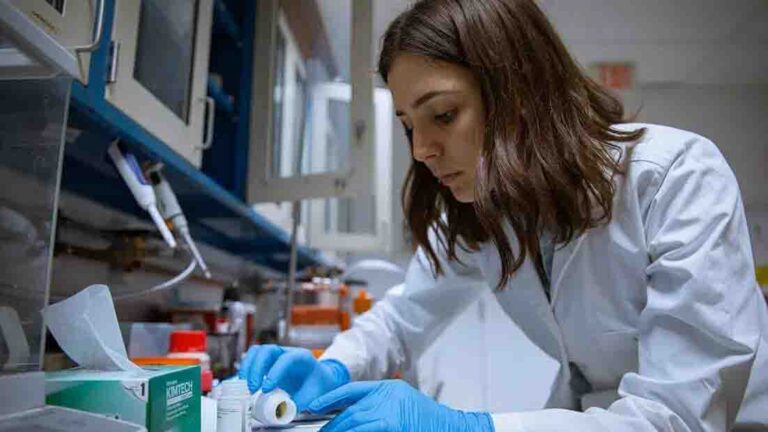
Materials Science and Engineering, BSE
The BSE in materials science and engineering addresses the discovery, synthesis, processing, manufacturing and characterization of substances widely used in the microelectronics industry, including sustainable materials, polymers, metals, semiconductors, ceramics and composites. The program prepares students to discover and design new and better materials.
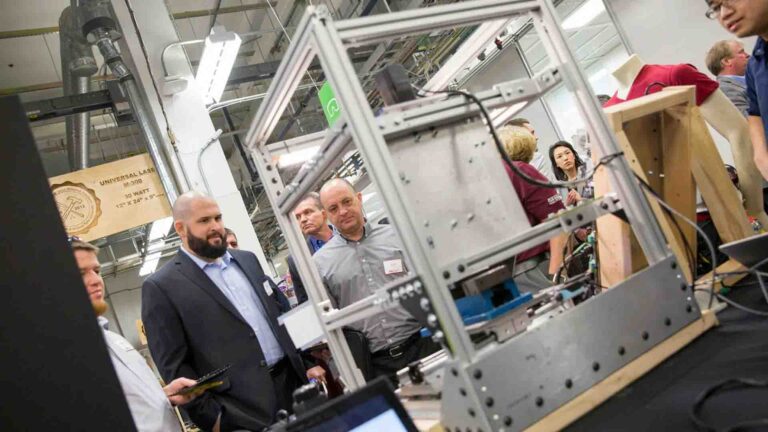
Manufacturing Engineering, BS
The BS program in manufacturing engineering prepares students for success in advanced manufacturing, including in microelectronics. Students will learn about statistical methods to control manufacturing operations; automated manufacturing systems for factory operation; manufacturing tooling and environments; production processes; and technological leadership.
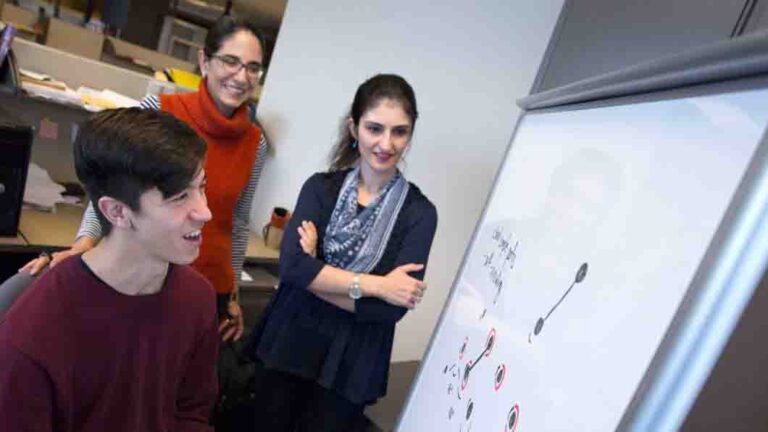
Industrial Engineering, BSE
The BSE program in industrial engineering deals with design, improvement, installation and operation of integrated systems of people, materials, information, equipment and energy with the purpose of determining efficient ways to develop products and services in multiple industries, including microelectronics.

Environmental Engineering, BSE
The BSE program in environmental engineering equips students to handle a variety of issues related to microelectronics manufacturing including air pollution control; analysis of the fate and transport of pollutants; application of sustainable design principles; water and wastewater treatment systems; hazardous waste containment systems; solid waste management systems; remediation of contaminated soil, sediment and water; and water quality, conservation and reuse.
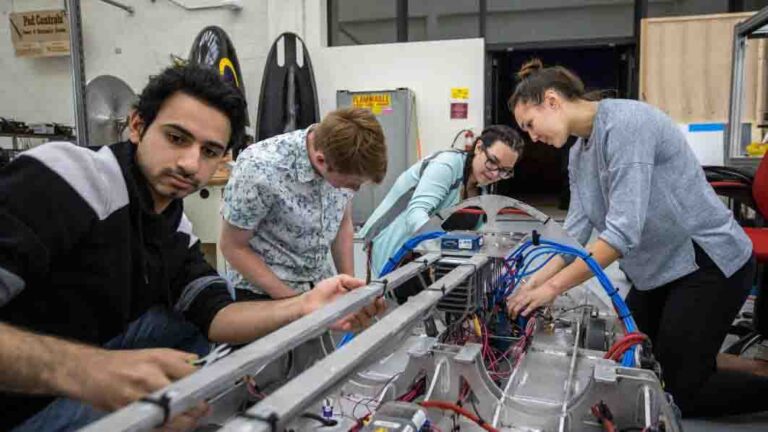
Engineering, BSE
The BSE program in engineering prepares graduates to collaborate across disciplines to design and build solutions to real-world problems. Students can choose from multiple concentrations with application in the microelectronics industry, including electrical systems, mechanical engineering systems and robotics, as well as automotives.

Engineering Management, BSE
Students in the engineering management concentration of the BSE program learn a breadth of engineering science and design with depth in one specific area suitable for practice. This knowledge is augmented with an understanding of business practices and organizational behavior and with the development of management skills, enabling the graduate to succeed in the management of scientific and engineering enterprises, including in microelectronics.